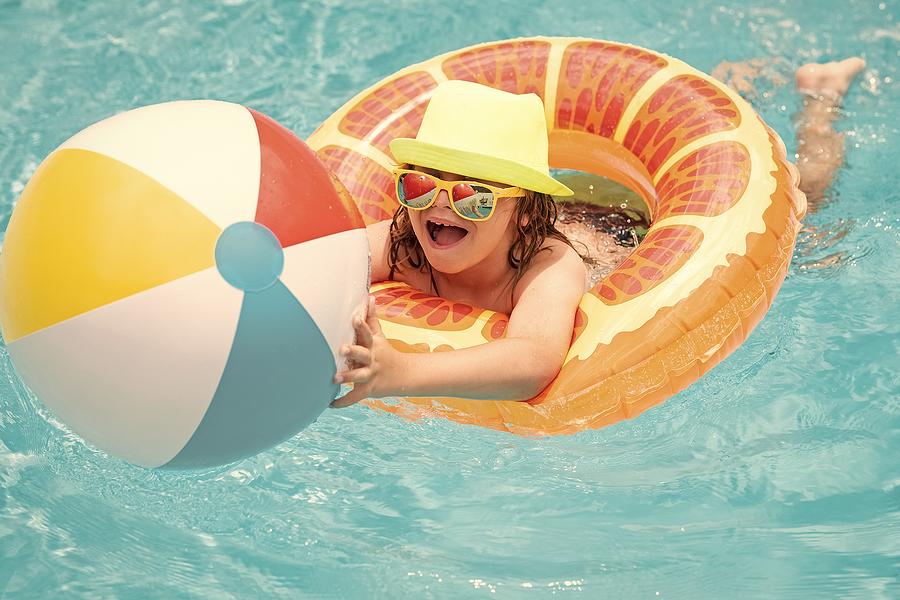Your teeth are sensitive to changes in pH levels, especially over prolonged periods. Those who spend a lot of time in the pool should be aware of the risks to their enamel.
Why Chlorine Is in Water
While chlorine has several negative effects on the body, from stomach problems when ingested to a burning sensation when opening your eyes underwater, the chemical is effective at killing bacteria and other microorganisms. Before the use of chlorine, serious illness from contaminated water was much more prevalent. In pools, there is not a natural water cycle as naturally occurring bodies of water have. Even then, lakes & rivers can be hot spots for obtaining a rash. Chlorine greatly reduces the risk of spreading these ailments to one another.
Chlorine is also used in drinking water for the same disinfecting purpose, though at much lower concentrations. Typically, drinking water has a chlorine concentration of 1 to 4mg/L & the CDC states that human consumption can reach 50mg/L with no reported illnesses from their study. Pool & hot tub concentrations are typically around the same range at 1 to 3 mg/L. However, there are greater risks of additional chemicals in use as well as improper mixing. If you own a pool or hot tub, be sure to accurately calculate how much chlorine & other treatments you should add.
The Risk to Teeth
Teeth can be impacted by the change in pH to chlorinated water, which is more acidic and can wear away enamel if teeth are exposed for long periods of time. Drinking water doesn’t have enough chlorine to harm your teeth, but pool water does. That’s why it’s a good idea to keep your mouth closed while swimming (in addition to the poor taste).
The wear on teeth can be mitigated by checking where pool’s have an overly chlorinated balance. If certain surfaces seem eroded near or in the pool—or if a pH test reads high—the pool may not be in the best condition for swimming. If you own or maintain a pool, there are disinfectant options available beyond chlorine that may be safe alternatives. Even in chlorinated pools, however, the risk to enamel erosion is low provided immersion times are moderate.
Keep on Brushing
Regular hygiene is also a great way to keep the negative effects of harsh chemicals at bay. Brushing & flossing at least twice a day cleans your mouth of any chlorine that may have gotten into your mouth while swimming, & certain toothpastes can help keep enamel strong. If you’re an avid swimmer, you can always talk to your dentist about the possible risks your smile can face & if anything further might be done to help prevent it.

